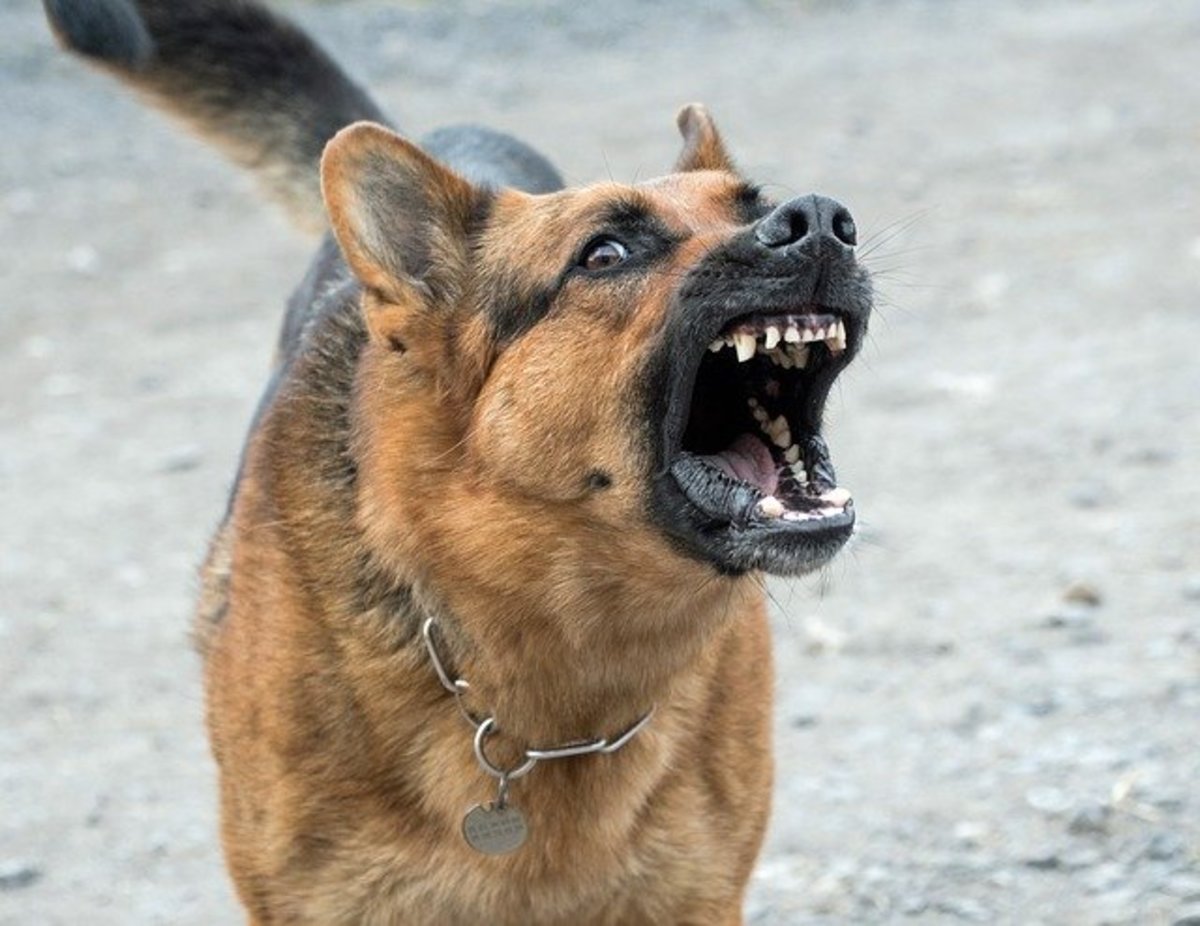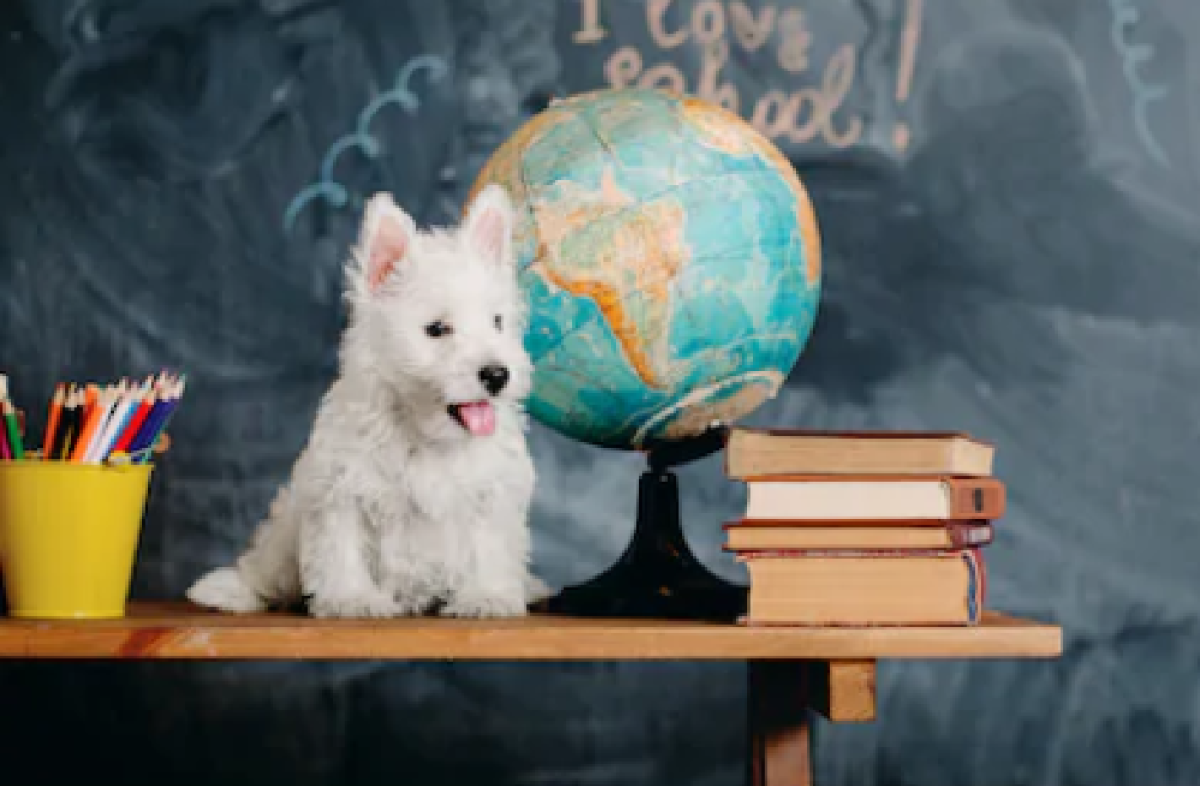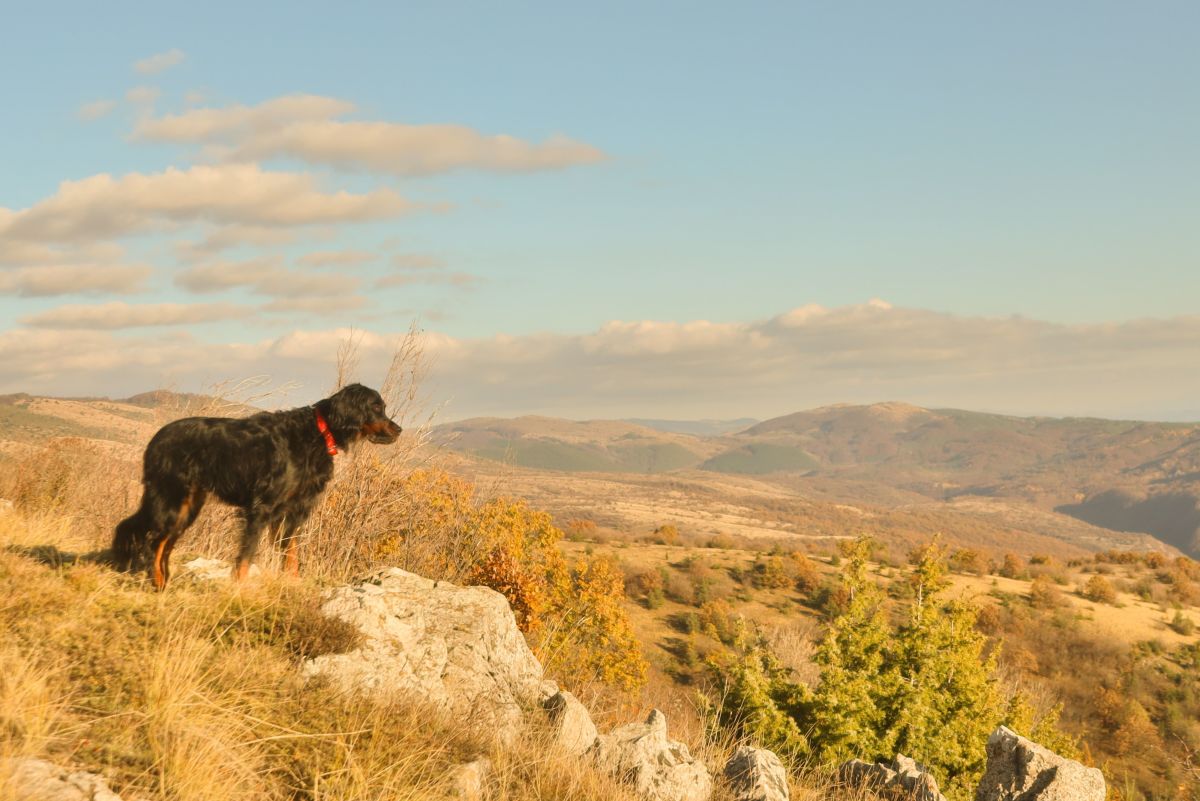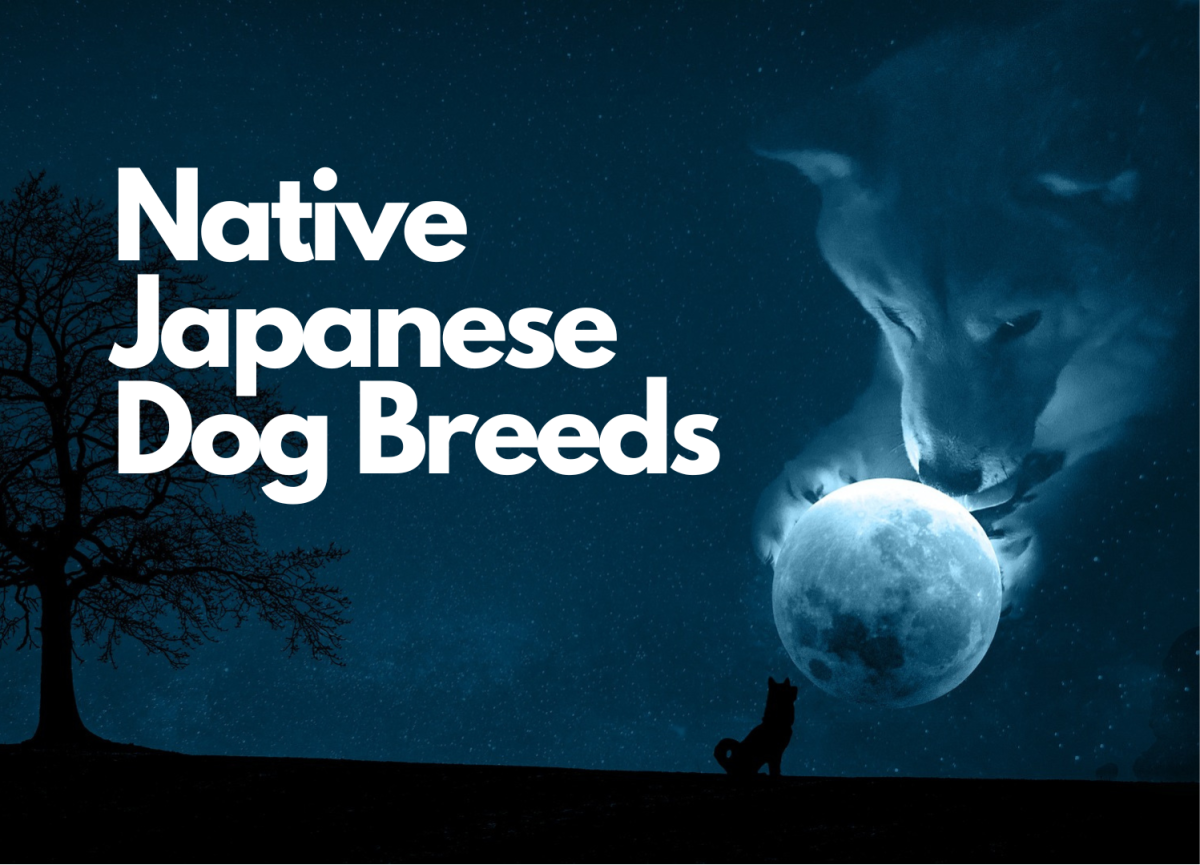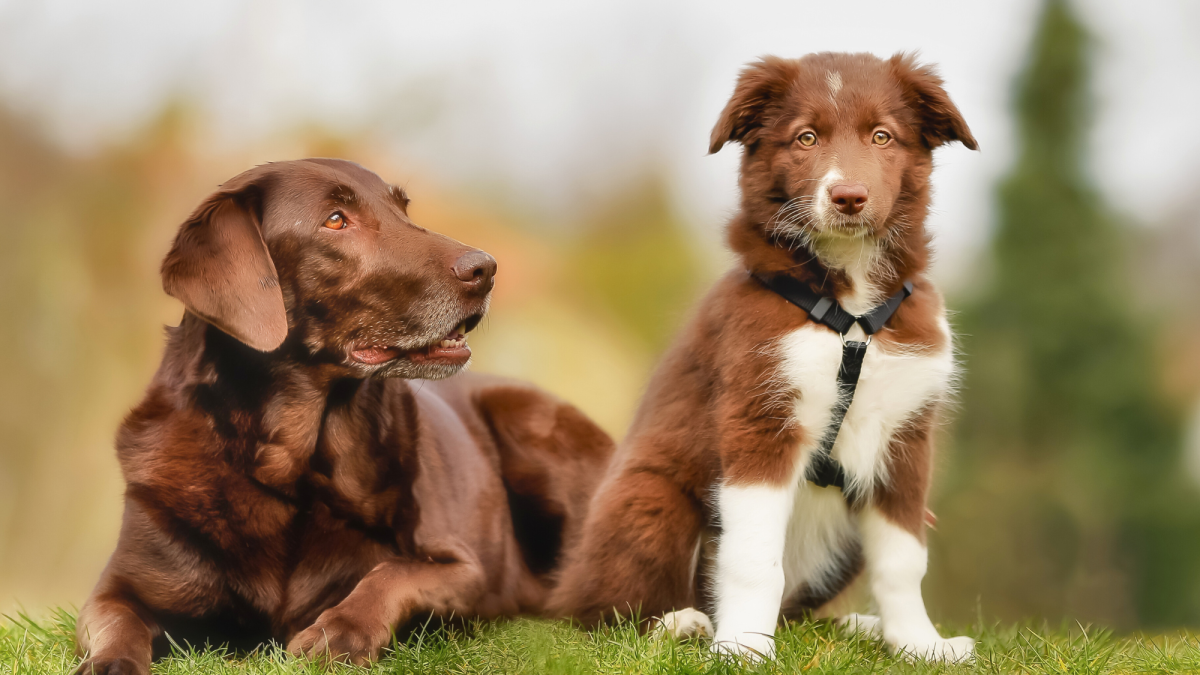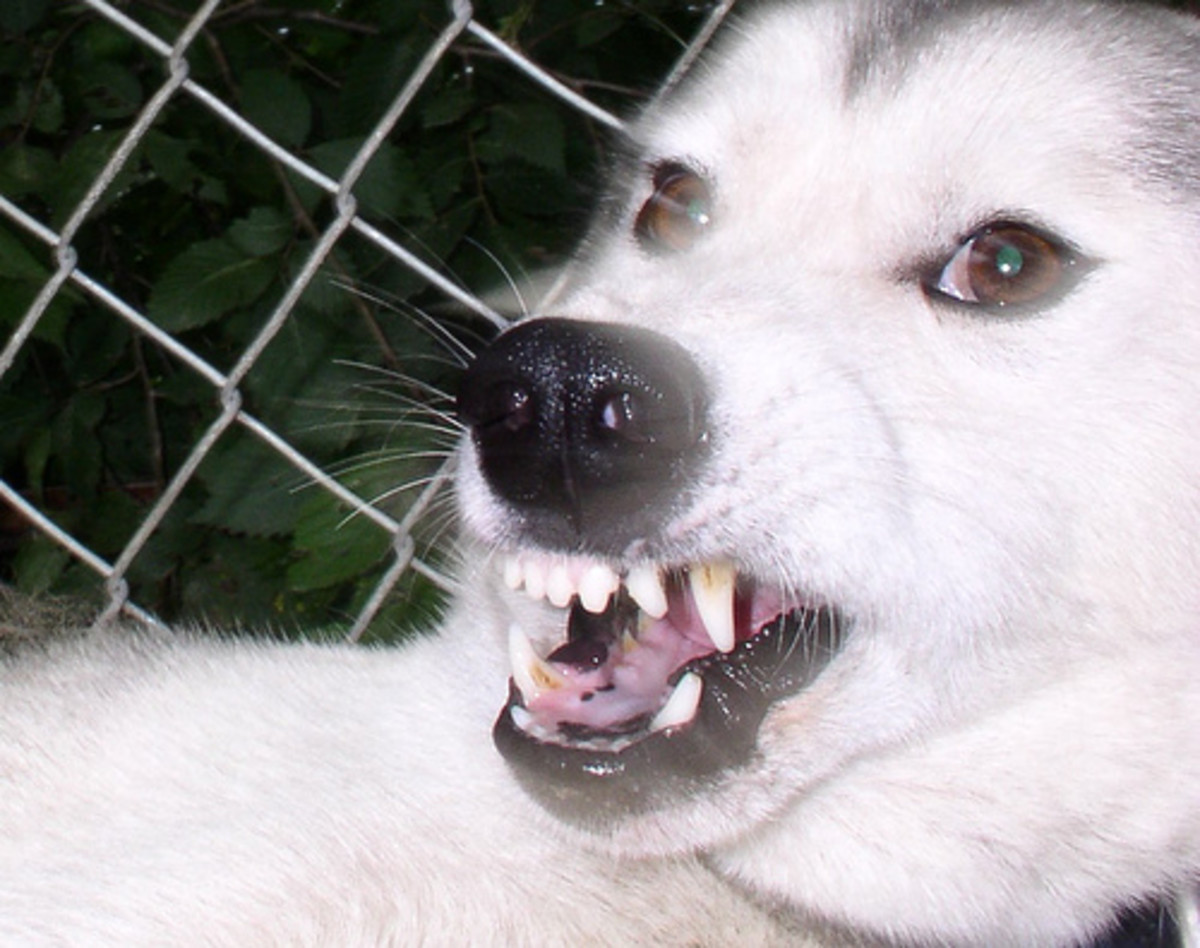The Dogs in Our Lives: Part III Tributes
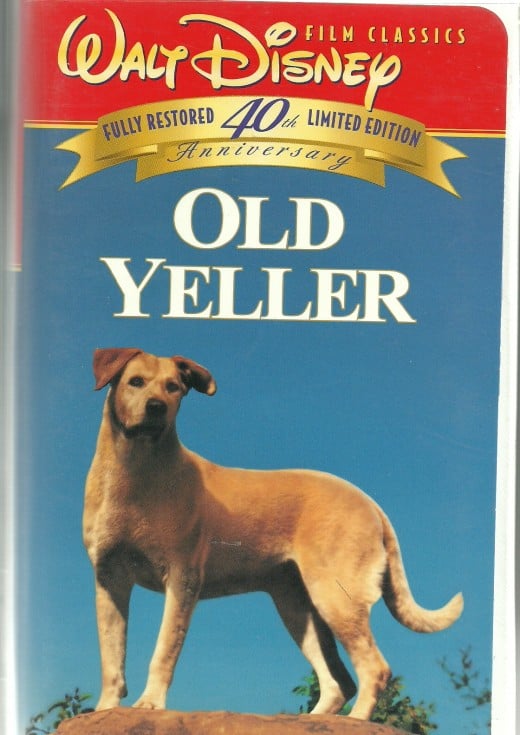
Life in the Fast Lane
Is today's world too fast? Is it computerized, numerical, textable to the point where it's become lame and devoid of emotional connection? Where is romance and love and hope and friendship? Are they still in existence, perhaps just layered under by choices more speedy, more greedy, and by economic proficiency?
The common, poor retirement thousands of Baby Boomers experience makes the world that much faster and that much less attainable, that much more appreciated with that much less influence. Yet Baby Boomers grew up with that much more sense of loyalty, friendship, and family values. Books and movies of the Baby Boomers' tender years were solid material dealing with those virtues and values. Family was everything, the thing most yearned for from the other side of the fence.
Tributes to Dogs
In the emotional and moving story of Old Yeller, Walt Disney, the guru of family film making, introduced the world to the loyalty of a family dog. Movie stars Dorothy McGuire, Fess Parker, and Chuck Connors were minor players in the saga that revealed the true nature of the domesticated dog -- for his family, he may do anything in times of danger to protect them, and he will happily accompany them in work and play.
Forty years after the story hit the screen in 1957 -- when Tommy Kirk and Kevin Corcoran were young stars who brought the Old Yeller drama to startling focus -- Disney re-issued the movie based on Fred Gipson's stirring "growing up" novel. And forty years later the lessons learned about friendship, loyalty, and hope were still vivid, as they remain still in this hurry up, shortcut world.
Portrayed through the stubborness of boy and dog, the story unfolds to anchor the lesson that life doesn't hinge on holding on; it's tipped, but rewarded by letting go. The boy must let go of the dog he loves to protect his family from the dog who saved his life because the animal has become dangerously rabid.
Like Disney's young deer Bambi, who lost his mother and must learn to grow up without her, and the pet deer Flag's (The Yearling) boy, Old Yeller's boy must let go to move on.
Letting go is, perhaps, life's most difficult lesson. Countless stories of youth and animals, particularly dogs, have conveyed growing up lessons. Old Yeller is one of the most enduring.
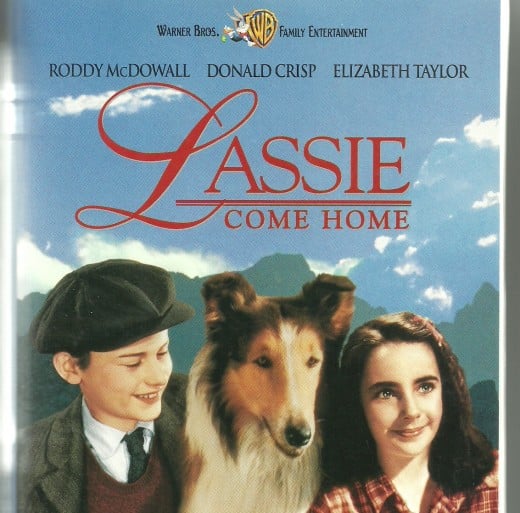
Dogs and their loyalty didn't become more familiar "vehicle" stars until film put them in front of millions of people in the manner of instant storytelling. However, dogs have been stars since becoming separated and domesticated from the ancient wolf pack:
Charles Dickens (1812-'70),The Pickwick Papers = Dickens' character Mr. Jingles said: "Ah! you should keep dogs -- fine animals -- sagacious creatures -- dog of my own once -- Pointer -- surprising instinct -- out shooting one day -- entering enclosure -- whistled -- dog stopped -- whistled again -- Ponto -- no go; stock still -- called him -- Ponto, Ponto -- wouldn't move -- dog transfixed -- starring at a board -- looked up, saw an inscription -- 'Gamekeeper has orders to shoot all dogs found in this enclosure' -- wouldn't pass it -- wonderful dog -- valuable dog that -- very".
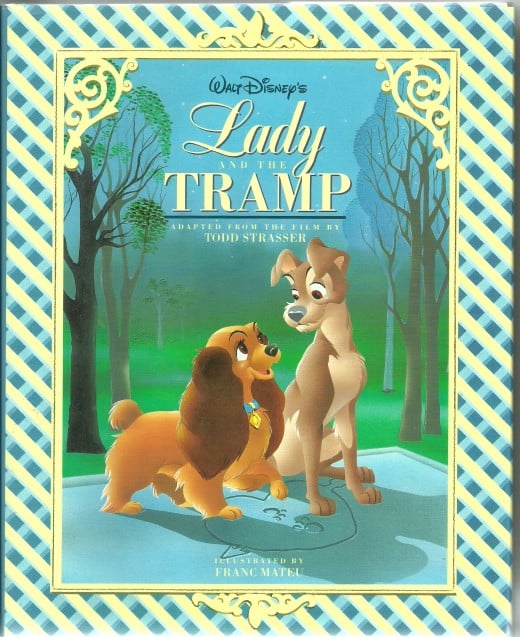
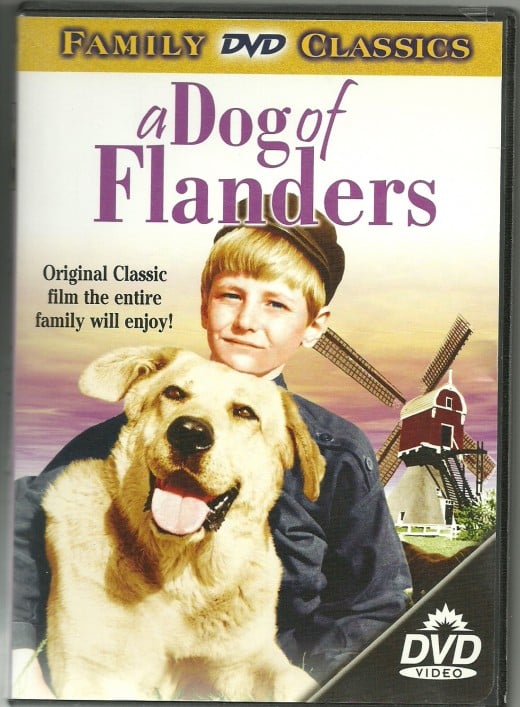
Barry, the scent-gifted St. Bernard of Switzerland's St. Bernard monastery, helped save the lives of travelers in snow-bound mountains. Between 1800 and 1814, it is recorded that Barry's ability to sense imminent avalanches assisted monks in the rescues of 40 people.
Barry's name was given to successive mountain rescue dogs, and the monastery gave his breed their name, St. Bernard. Berne, Switzerland's, National Museum is the original Barry's resting place.
Great Britain's National History Museum in London houses Mick the Miller, the Irish racing Greyhound purported to be the best runner of all time. Born in Ireland in 1926, Mick the Miller died at the age of 13, having won two Derbys and placing first or second in 76 of 81 meets.
Some 6500 years ago, fossil remains of the Bronze Age revealed five major early groups of dogs: Greyhounds, Mastiffs, Sheepdogs, Pointers, and "wolf-like" dogs. Today's canine descendants owe their heritage to these early groups through selective breeding.
Dash, the Cavalier King Charles Spaniel favored by England's Queen Victoria in 1837, is thusly remembered by his epitaph:
READER
If you would be beloved and regretted
Profit by the example of
DASH
Alexander the Great (356-323 BC) named a conquered city Peritas after a dog whom he favored. In the heart of the city of Peritas, Alexander overseered the erection of a monument by the same name in honor of his beloved dog.
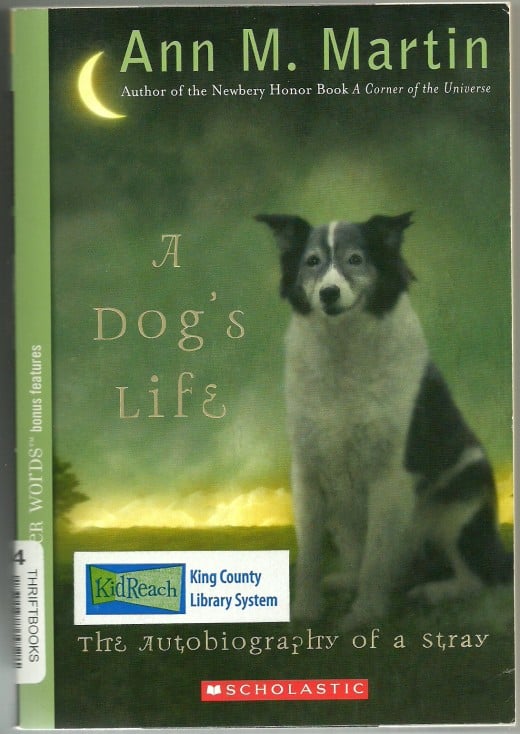
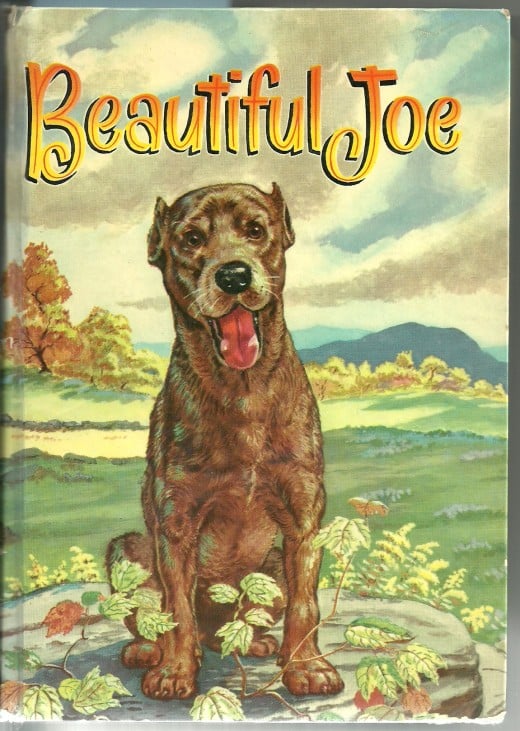
Poet Alexander Pope (1688-1744) honored the dog in his "An Essay on Man" by writing:
"Go, like the Indian, in another life
Expect they dog, thy bottle,
and thy wife."
In the Middle East in 1979, radiocarbon dated the domesticated dog as existing as long ago as 12,000 BC.
An inscription on the graveyard monument of a Newfoundland dog is attributed to the poet (George Noel Gordon) Lord Byron (1788-1824), who owned a Newfie named Boatswain. It reads:
Near this spot are deposited the remains of one who possessed Beauty without Vanity, Strength without Insolence, Courage without Ferocity, and all Virtues of Man, without his Vices. This Praise, which would be unmeaning Flattery if inscribed over human ashes, is but a just tribute to the Memory of Boatswain, a Dog.
Those who haven't read the most modern tribute to dogs need only pick up the bestselling novel A Dog's Purpose, by W. Bruce Cameron.
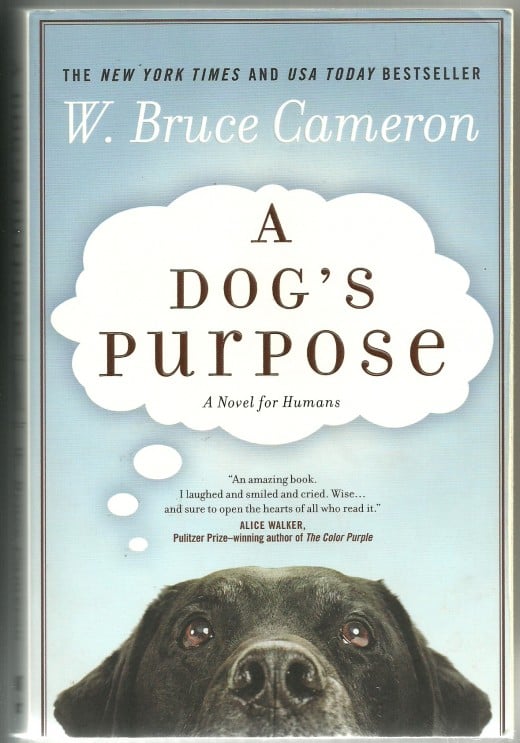
Mars and Venus and A Painted Dog
- Even Mars and Venus Had A Dog Companion
What companion is more loyal than the dog? They come in all sizes, shapes, and breeds, yet they are common in one art -- loving the human. Creative craftsmen encourage the honoring of the dog's loyal soul.

